Texts. E-Mails. Status updates. What are becoming the most common methods of communication in our business and personal lives that require “looking down” have allowed us to forget the importance, simplicity and impact of every day human interactions that require “looking up.” Believe it or not, “looking up” and simply saying “hello” and “thank you” can actually make a difference – even in business.
Allow me to illustrate with a couple of simple examples arising from every day business interactions:
Example #1: You are walking down the hall at your office. As you are walking one direction, a colleague approaches from the other direction. As you pass each other, you look up to acknowledge your colleague and say “hello.” Did your colleague look up and return the gesture or were you ignored as your colleague failed to even look up and acknowledge your presence?
Example #2: You are approaching the front door to your office building. You notice that as you open the door there is someone else behind you approaching. You pause to hold the door open for this person. As this other person proceeds to walk through the open door, did this person look up and say “thank you” or did he or she just keep walking and fail to even look up and acknowledge your small but kind act?
If either of these have happened to you, or something similar, you might not have even noticed – not because the behavior should be treated as “no big deal” but because this lack of gratitude and human interaction has quickly become all too commonplace and acceptable.
“Feeling gratitude and not expressing it is like wrapping a present and not giving it”
– William Arthur Ward, American writer (1921-1994)
While these are but small examples, they can be magnified when you think of how showing gratitude and care for colleagues, customers and others – with sincerity – can truly engender trust and strengthen relationships.
For example, I remember early in my career how the VP of Human Resources at our company continuously gave of herself to our colleagues, including spending all night at a colleague’s home who was otherwise alone, suffering horribly and losing his battle to AIDS.
At this same time in my career, I was learning the important nuances of doing business in Japan and building relationships with Japanese executives by showing sincere care and kindness. One simple example: if I knew from a prior visit that a particular executive’s preferred drink in meetings was Diet Coke, I would be sure to have a Diet Coke in front of him at the next meeting without him having to ask.
When these acts of caring, kindness and gratitude are performed with sincerity, they have a positive personal and professional impact. Business relationships improve and strengthen. Greater success is attained.
In fact, research supports the hypothesis that the world will be positively impacted exponentially by “giving” – making the world a better, more human and more humane place. A 2009 Harvard Business Review working paper, entitled Feeling Good About Giving, focused on how giving triggers a positive chain reaction for the giver. Specifically, that “happy people give more, that giving is associated with and causes happiness, and that these relationships may run in a circular fashion, such that happy people give more, then feel happier, then give more, and so on.”
Of course, the opportunity to “give” is not limited to the workplace. Acknowledging others and showing gratitude can happen every day in every actual and potential interaction with others. Every human interaction (including text messages and e-mails!) is an opportunity to lift up someone else and make their day brighter, increasing the sense of connectedness to others, and inspiring to continue to do good deeds.
So, put your smartphone in your pocket when walking around the office and focus your eyes and energy on what is around you, including acknowledging the people you pass in the hallway. Create typing shortcuts in the settings on your smartphone that convert the (time-consuming) nine key strokes required to type “thank you” and the five keystrokes to type “please” into only two keystrokes each: “ty” gets automatically expanded to “thank you” and “pl” to “please.” And if you hold the door open for someone and they don’t acknowledge you, kindly and gently say, “you’re welcome” anyway.
May we all take the time through personal, direct human interaction to “look up” and treat others the way we want to be treated, and may our actions inspire others to do the same. In so doing, may all of our interactions with others – big and small – make the world a better place.



